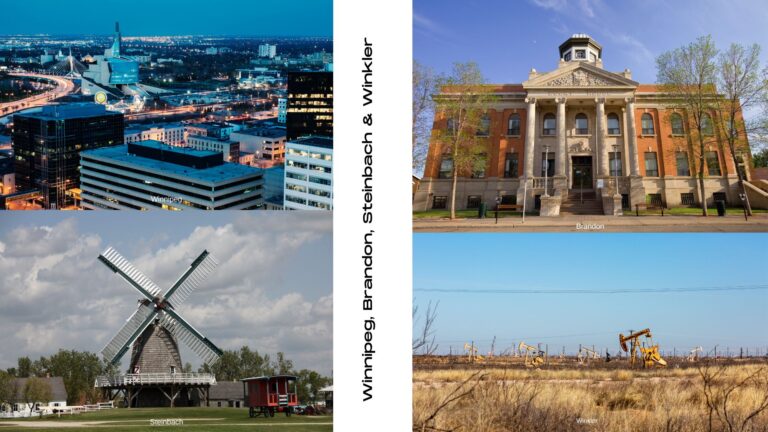What is a provincial nominee certificate?

Immigration is an essential component of Canada's demographic and economic growth, a country distinguished by its cultural diversity and welcoming attitude towards newcomers. Among the many immigration channels available, Provincial Nominee Programs (PNP) occupy a place of choice, offering a unique opportunity for provinces and territories to meet their specific labor needs, while enabling candidates to settle permanently in their preferred region.
What is a Provincial Nominee Certificate?
A Provincial Nominee Certificate is awarded under the Provincial Nominee Programs (PNP), which allow Canadian provinces and territories, with the exception of Nunavut, to select immigrants wishing to settle in a specific region of Canada. These programs are designed to meet the specific economic needs of each province or territory, by selecting candidates who can contribute to the local economy.. Note that Quebec selects its own immigrants and does not participate in the federal government's Provincial Nominee Program.
How PNP works
The process of obtaining permanent residency via a PNP involves two major steps. First, the candidate must be nominated by a province or territory. This designation proves that the candidate meets the criteria of the relevant PNP and is considered a potential asset to the region. Once nominated, the candidate must then submit an application for permanent residence to Immigration, Refugees and Citizenship Canada (IRCC), a process that takes place either directly through the Express Entry system, or outside it..
Why become a provincial candidate?
There are many reasons to opt for a PCP. For some, it's a strategy to increase their chances of obtaining permanent residency, notably through the awarding of 600 additional points in the Express Entry system, almost automatically guaranteeing an Invitation to Apply (ITA). Others may have received a job offer from a provincial employer, or are already living in the province as a student or temporary worker, making them eligible for one of the province's nomination streams..
Conditions and requirements
While PNPs offer many opportunities, candidates must navigate through a variety of conditions and requirements that can vary considerably from province to province. These requirements are determined by the specific labour needs of each province or territory, and may include criteria related to employment, education and work experience..
Conclusion
Provincial Nominee Programs play a vital role in the Canadian immigration landscape, responding to regional economic needs while offering applicants a valuable route to permanent residency. It is crucial for interested parties to understand that, whether nominated through the Express Entry system or outside of it, a separate application for permanent residency with the IRCC remains a mandatory step. This process highlights the importance of collaboration between the provinces, territories and the federal government in managing immigration, ensuring that Canada remains a destination of choice for those seeking to build a better future.







